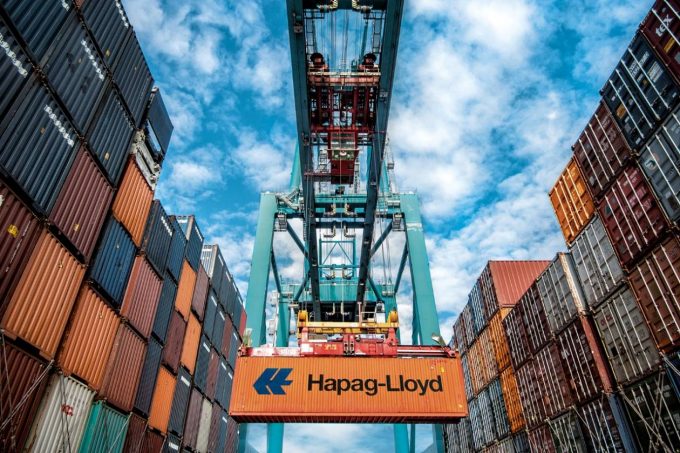Maersk suspends vessel calls at Haifa as regional tension rises
Maersk Line has become the first container line to reorganise its services to Israel, announcing ...

Ocean carrier schedule integrity may be improving, but last-minute blanking of advertised sailings is, arguably, the cause of more delays in supply chains than from late-running ships.
According to the latest Sea-Intelligence survey, global liner service schedule reliability has improved to over 50%, from an all-time ...

Comment on this article
Gary Ferrulli
March 13, 2023 at 4:49 pmVery different conditions: to revamp the network makes it permanent for a period and then requires transitioning back “normal” flows and patterns when the market returns. Blanking is a temporary removal to reflect conditions for that week and requires no extended operational changes. It reflects the carrier’s belief that the market will return to normal flows in a short period.